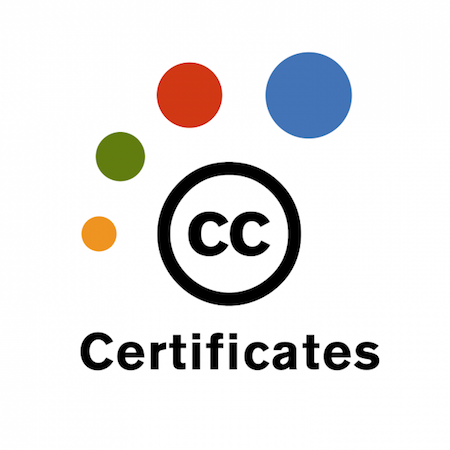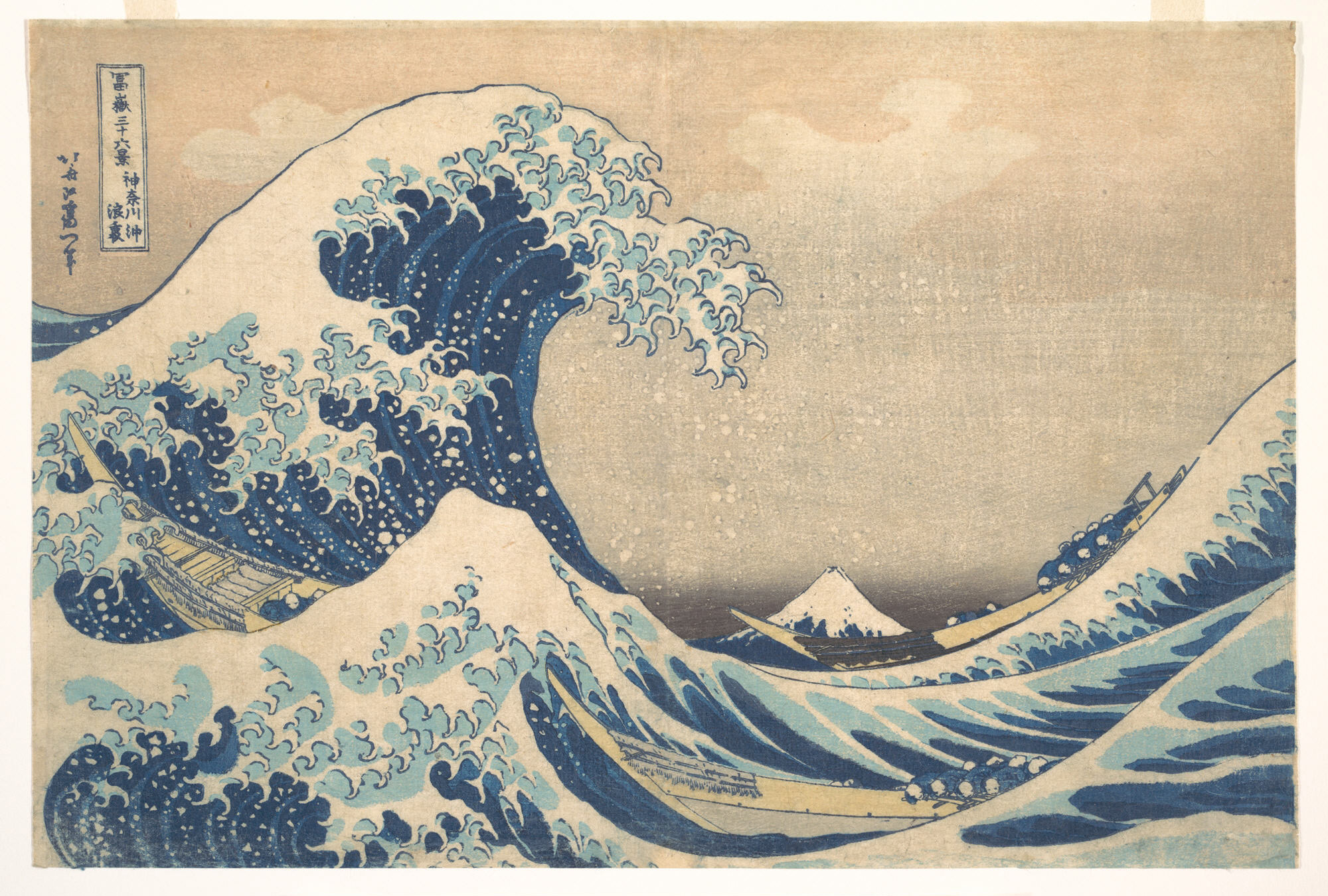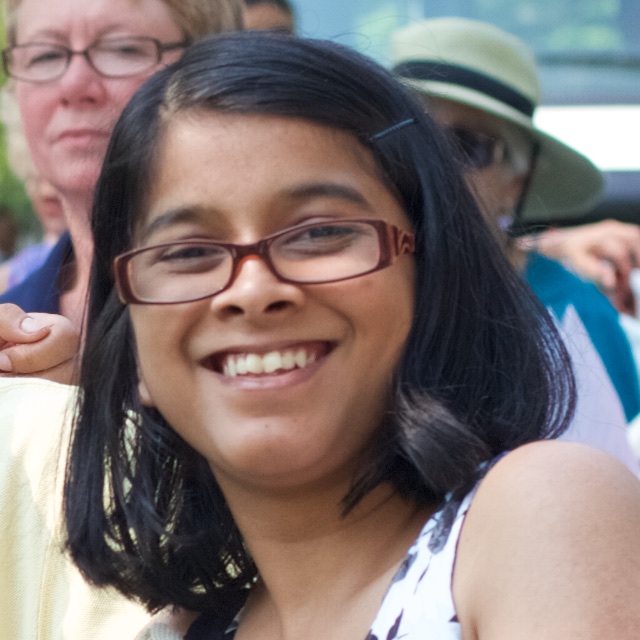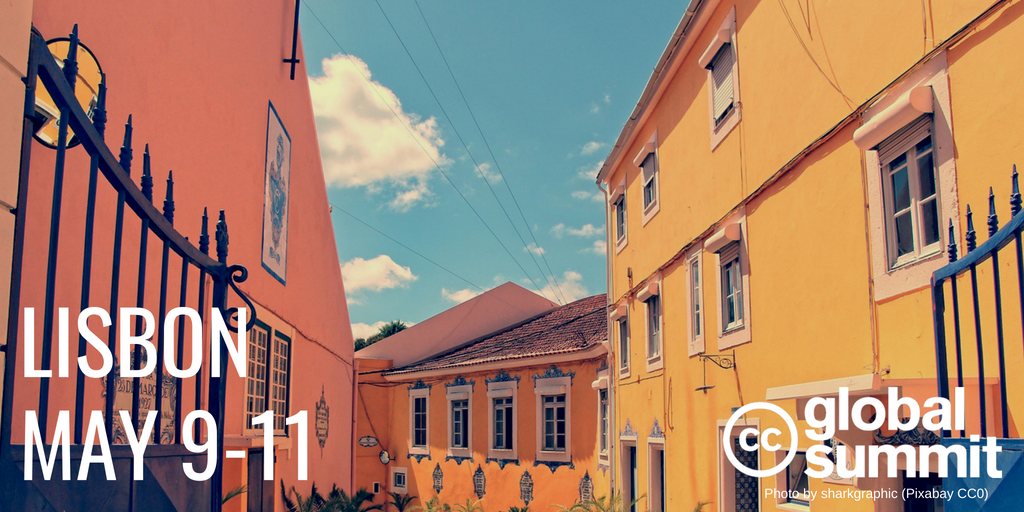Background: The CC Certificate provides an-in depth study of Creative Commons licenses and open practices, developing participants’ open licensing proficiency and understanding of the broader context for open advocacy. The course content targets copyright law, CC legal tools, values and recommended practices of working in a global commons. The CC Certificate is a 10-week online course for educators and academic librarians.
 2018 was a big year for the Creative Commons Certificate program! We beta-tested the first two CC Certificate courses for educators and academic librarians, updated our course content, licensed it CC BY, and shared it with the world; we launched nine official courses for 225 participants, and have since iterated on almost every aspect of the Certificate based on feedback from the global community. As we approach 2019, we are taking stock of 2018’s learnings and now proudly announce updates for the new year.
2018 was a big year for the Creative Commons Certificate program! We beta-tested the first two CC Certificate courses for educators and academic librarians, updated our course content, licensed it CC BY, and shared it with the world; we launched nine official courses for 225 participants, and have since iterated on almost every aspect of the Certificate based on feedback from the global community. As we approach 2019, we are taking stock of 2018’s learnings and now proudly announce updates for the new year.
Our approach to the CC Certificate is one of iteration based on community needs. Each year, we will evaluate what works and what can be improved, based on participant, instructor, and broader community feedback. Thanks to your input and our own lessons learned in 2018, we are making the following changes and improvements:
1) We’re updating our pricing. Why? First, because this program has to be sustainable – our new price will ensure we cover 100% of CC’s cost of delivery, including paying all community instructors who teach, technology and content maintenance, and program expansion and updates, including reaching new audiences and new languages. CC is a non-profit, and we want this program to thrive.
Second, from our initial launch, we knew that there would be some who couldn’t afford to pay full price for the program. As promised, we are creating a scholarship program so the Certificate can be more inclusive of colleagues with less ability to pay, especially CC’s vibrant communities in the Global South. Our new price allows us to build and replenish an annual scholarship fund, offering subsidized CC Certificates to as many participants as possible. Those who pay full price for the course subsidize those who are less able to do so. We will offer at least 15 scholarships in 2019, and hope to provide more as the program grows.
In 2019 and in years to come we will continue to make the CC Certificate both self-sufficient and financially accessible for our global audience.
2) There is more community demand for the Certificate training than CC can currently accommodate. To address this, we have built and will beta-test a CC Certificate Facilitator Training starting in January 2019. Ensuring there are more well-trained and knowledgeable facilitators will allow us offer more CC Certificate courses in the future.
3) While the Certificate program has hosted participants from every global region, we have drawn more participation from the U.S. and Canada. Because the Certificate program is global, we will continue to engage a more global, diverse community by:
- Developing a scholarship program to support community members’ enrollment, particularly community members from the Global South (as mentioned above).
- Supporting translations of Certificate content. Community members have already volunteered to translate the Certificate in multiple languages, from Bahasa to Italian to Arabic. We will support translations in a responsible way, ensuring languages are aligned with course developments and annual updates.
- Developing more local case studies about copyright law and open licensing in different countries. Thanks to participants’ help, we have several case studies drafted.
- Launching in-person Certificate trainings, or “bootcamps” specialized for select groups that need CC Certification in a short time-frame.
- Assisting participants with new ways to learn and share with each other, since there is not one platform that works for everyone. For example, we learned a participant in China could only access our epub OER content (available here) rather than content on our main learning platform, Canvas. While we explore new avenues for learning and collaboration, we celebrate the ways participants are already doing this: hosting workshops and conference sessions, developing OER courses, and creating informational flyers for their institutions.
- Revising the CC Certificate must balance a global, inclusive, and iterative approach with focused, specialized expertise. While we continue to gather participant recommendations and feedback from the global community, we will also launch a CC Certificate Advisory Board of legal and instructional design experts. The Advisory Board will provide input for annual content updates and engage with participants in online course webinars throughout the year.
We are proud of the Certificate we’ve built together so far. We accept anyone interested in taking the Certificate course; our costs are as low as possible, while still offering a scholarship program and maintaining quality content and services; and the course is supporting learners beyond the certification program — several other programs are freely remixing portions of our CC BY licensed Certificate OER for their own audiences. We couldn’t have done it without the contributions of dozens of experts, CC community leaders, and over 100 beta testers from all over the world. Thank you.
We will continue offering the CC Certificate with the greatest flexibility, openness and affordability we can. As such, it is important to us to keep improving the CC Certificate course with community input.
Opportunities for your engagement
In addition to the developments mentioned above, we will explore other improvements to the program in 2019 — making the CC Certificate more inclusive and globally accessible, while ensuring self-sustainability. Have ideas for us?
- Share your ideas with #cccert on Twitter.
- Continue to make notes and recommendations via Hypothes.is.
- Use our CC BY licensed, downloadable and editable CC Certificate content, then let us know what is most useful to you.
- Sign up to take a Certificate course and engage with the growing Certificate community of participants, alumni, mentors, facilitators, and content experts. Registration for courses in 2019 is open here.
- Join us for an online Certificate overview and brainstorm session, exploring how to better deliver the Certificate and support open communities: 18:00 EST/ 23:00 UTC on https://www.uberconference.com/creativecommons. If you cannot join, please share questions in advance and we will share a recording. We look forward to working with you!
The post CC Certificate Changes and Improvements for 2019 appeared first on Creative Commons.


 2018 was a big year for the Creative Commons Certificate program! We beta-tested the first two CC Certificate courses for educators and academic librarians, updated our course content,
2018 was a big year for the Creative Commons Certificate program! We beta-tested the first two CC Certificate courses for educators and academic librarians, updated our course content, 